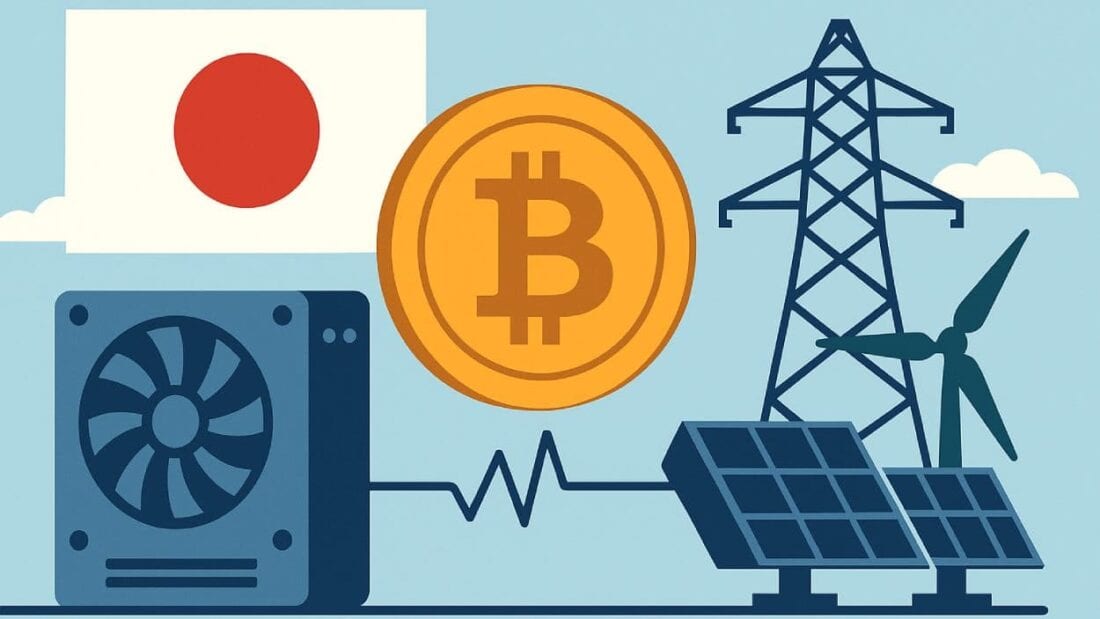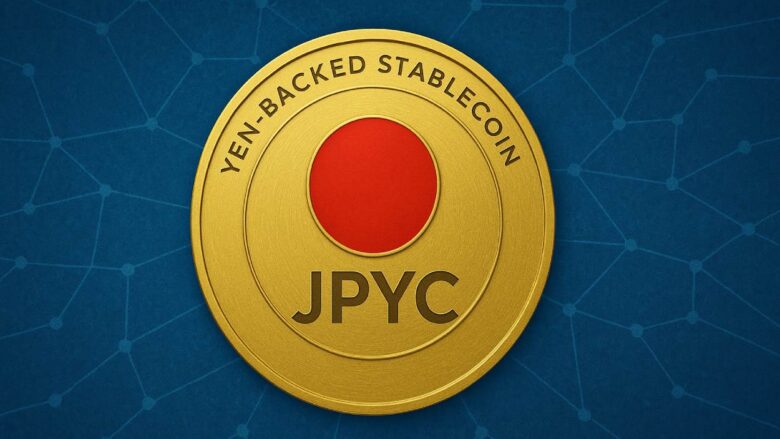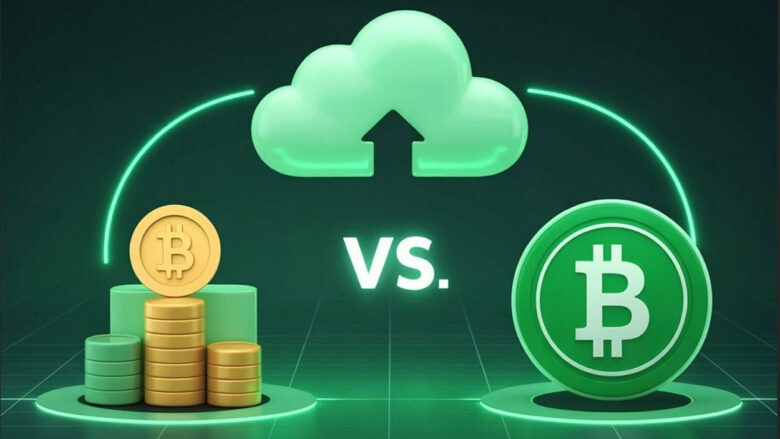Japan has quietly stepped into the world of state-aligned Bitcoin mining, using renewable energy and smart grid management to power a 4.5-megawatt operation.
Key Takeaways
- Japan launched its first government-linked Bitcoin mining project using Canaan’s hydro-cooled rigs to balance renewable energy on the grid.
- The 4.5MW initiative ties crypto mining to national energy strategy, with machines adjusting their output to grid conditions.
- Japan becomes the 11th country globally to involve state resources in Bitcoin mining, according to VanEck.
- The project reflects broader digital-asset reforms in Japan, signaling a shift toward regulated, energy-efficient crypto infrastructure.
What Happened?
A partly government-owned Japanese utility has partnered with mining hardware company Canaan to launch a 4.5-megawatt Bitcoin mining operation. The project uses surplus renewable energy to power Avalon hydro-cooled rigs that dynamically adjust their output to help stabilize the nation’s power grid. This marks the first time a major developed country has integrated Bitcoin mining into its energy management systems.
While rumors have circulated for years that TEPCO (9501 JP) was quietly mining Bitcoin, no confirmation ever surfaced.
— matthew sigel, recovering CFA (@matthew_sigel) October 31, 2025
Now, with $CAN’s 4.5 MW order from a “major regional utility” in Japan, we’re finally adding Japan to our list of countries mining Bitcoin with government… https://t.co/d7HkLLrigk pic.twitter.com/D5kebQGR4q
Japan’s First State-Linked Crypto Mining Effort
This move places Japan among the growing list of countries where public infrastructure is directly involved in Bitcoin mining. The unnamed utility, likely a regional power provider with partial government ownership, will use Canaan’s Avalon A1566HA machines to balance grid loads. The rigs can automatically overclock or underclock based on energy supply and demand, effectively acting as digital energy buffers.
- The rigs shut down during peak demand and restart when surplus green energy is available.
- The project is expected to begin operations by the end of 2025.
- Canaan’s CEO Nangeng Zhang described it as “grid-interactive computing”, highlighting the company’s push for sustainable mining.
This deployment follows earlier reports of Tokyo Electric Power Company (TEPCO) experimenting with Bitcoin mining through its subsidiary, Agile Energy X, in Gunma and Tochigi. While TEPCO has not confirmed participation in the current project, its prior efforts lend credibility to Japan’s growing interest in energy-efficient crypto applications.
Japan’s Energy Strategy Meets Crypto
Japan’s energy grid is controlled by ten regional utilities, each with varying levels of government ownership. This structure means that any utility-led crypto project is likely state-influenced. Canaan’s partnership signifies the first public confirmation that Bitcoin mining is now part of Japan’s broader energy strategy.
Japan’s digital-asset reform plans include:
- Reclassifying cryptocurrencies as financial products.
- Introducing a flat 20% capital gains tax on digital assets.
- Encouraging regulated institutional involvement.
According to Matthew Sigel, head of digital assets at VanEck, Japan now joins ten other countries where Bitcoin mining involves state resources, excluding the United States. He emphasized this development as a “significant milestone” for how governments can leverage mining to improve energy efficiency rather than merely tolerate it.
“Clean Crypto” as a New Standard?
Japan’s move is not ideological but practical. By using mining to consume excess renewable energy, it prevents waste and enhances grid reliability. This positions the country as a potential leader in what some are calling “clean crypto”.
- The model shows that Bitcoin mining can serve as a flexible energy tool in highly regulated environments.
- If scaled, it could shift public perception of mining from “energy drain” to “energy optimization.”
With Canaan recovering from a near Nasdaq delisting and recently securing its largest-ever mining order, the Japan deal not only marks a comeback for the company but also symbolizes a turning point for institutional crypto adoption in East Asia.
CoinLaw’s Takeaway
I found this story genuinely exciting. In my experience, Japan rarely makes moves like this without deep strategic thinking behind it. This isn’t just about mining Bitcoin. It’s about proving that crypto can serve the public good when integrated with real-world infrastructure. Using Bitcoin mining to balance green energy shows how the crypto world can innovate beyond finance. I think Japan might just be showing other countries a roadmap for how to do crypto sustainably and responsibly.


































































